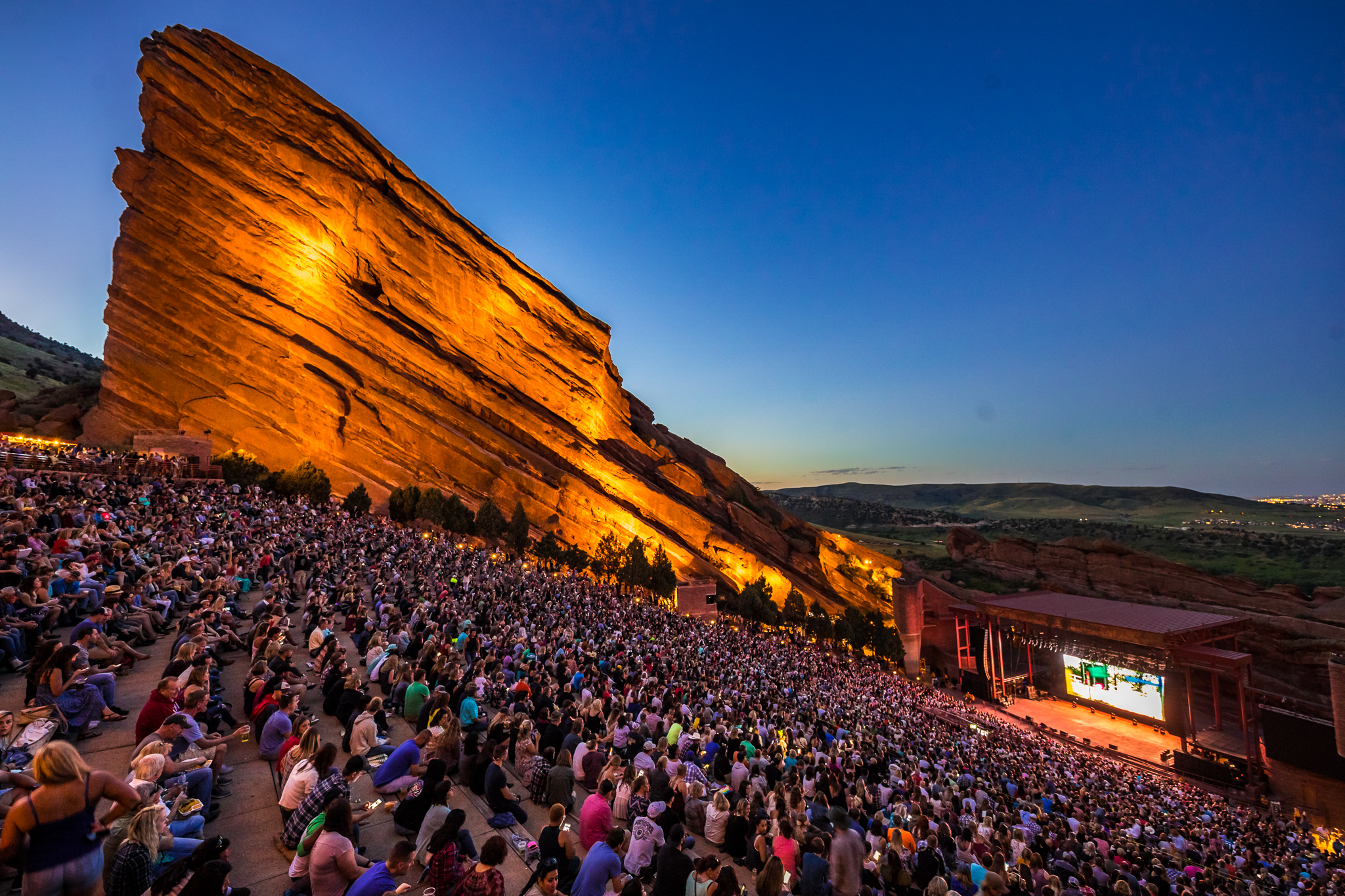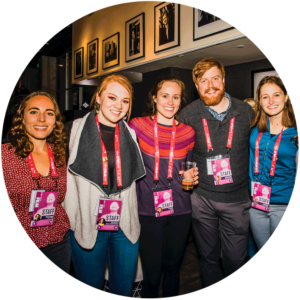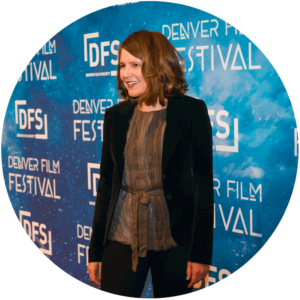
Denver Film is dedicated to developing opportunities for diverse audiences to discover film through creative, thought-provoking experiences every single day. There are many ways you can help to support Denver Film including a one-time donation or setting up a recurring gift.



After 11 great years at the Starz FilmCenter, the DFS celebrated the opening of its new home, the Sie FilmCenter, in 2010. In its own theaters, the DFS presents a weekly changing calendar of first-run exclusives and arthouse revivals both domestic and foreign, narrative and documentary—over 600 per year, all shown in their original language and format, without any onscreen advertising.
The launch of the Denver International Film Festival, which gave birth to the year-round cinematic organization we are today, unfolded over 10 days in May 1978. Some 78 films from around the world screened in four long-gone theaters scattered throughout central Denver: the Centre, the Ogden, the Vogue and the Flick. The maverick director Robert Altman, special effects wizard George Pal, Spanish director Jose Louis Borau, acclaimed cinematic poet Stan Brakhage and Canadian documentarian Harry Rasky were the special guests. The public and critical response to this modest, incipient cinematic experiment exceeded all expectations…and a new Denver cultural celebration was born.
The festival then moved from May to October, from multiple theaters to the three-screen University Hills Theater (plus two special-event screenings at the 2000-seat Paramount Theater) and downsized from hundreds of films to 60 of the hottest titles on the 1984 festival circuit. It was the most star-studded festival to date: Bill Murray, Steve Martin, Wim Wenders, Harry Dean Stanton, Dean Stockwell, Jonathan Demme, Eric Roberts, Sandy Dennis, Joel and Ethan Coen, Victoria Tennant, David Keith, Marv Newland, John Hanson, John Byrum and Patrick Duffy were gracious guests who interacted with enthusiastic audiences after screenings, at festival receptions and in the Festival Café in the courtyard of U-Hills.
The 12th edition was programmatically a rich and eclectic outing, a defining eight days in the life of the festival, from the inspiring Opening and Closing Night bookends (Crimes and Misdemeanors and Cinema Paradiso) to the impressive roster of international film artists in attendance to important milestones that defined the remarkable week. Milestone number one: the presentation of the first John Cassavetes Award by Seymour Cassel to first-time director Steven Soderbergh for sex, lies and videotape. Milestone number two: the U.S. premiere of the compelling 10-part series Decalogue with the great Polish director Krzysztof Kieslowski in person. Our other international guests: Robert Wise, Ray Harryhausen, Jack Clayton, Martin Landau, Michael Moore, Stockard Channing, Gyula Gazdag, Trinh Minh-ha, Ivan Nitschev, Christian Blackwood and Joe Berlinger.
For the first time in 1999, in the final days of the 20th century, the festival holds its opening and closing night premieres in the beautiful 2,800-seat Temple Buell Theatre in the Denver Center Performing Arts Complex. The first 35mm print to screen in this venue is Sydney Pollack’s Random Hearts with the director in person.
After more than two decades of festival screenings at movie theaters all over the city, the Denver Film Society finally acquired its own year-round home—thanks to John J. Sie and Starz Entertainment. The vacated 12-screen AMC complex downtown became our headquarters and year-round venue for the next 11 years. New programming was born to supplement the Denver Festival: CinemaQ, DocNight, Hot Button Cinema, The Language of Film and Young Filmmakers Workshops, among others.
In 2005, six years later, the city of Denver showcases the elegant new, state-of-the-art Ellie Caulkins Opera House, located next to the Buell Theatre. On November 10, this 2,400-seat jewel hosted the festival’s opening night film, Roger Donaldson’s The World’s Fastest Indian, starring Anthony Hopkins, and 10 days later the closing night premiere of Ang Lee’s highly anticipated Brokeback Mountain. A stylish new home for the festival’s glamorous Red Carpet events is unveiled.
Timing is (almost) everything. As the contract expired on our home at the Tivoli, a newly constructed, state-of-the-art three-screen theater sat empty in the Lowenstein Cultural Complex next door to the new Tattered Cover Book Store and Twist & Shout on East Colfax. By Opening Night of DFF33, we had the keys to our new home. New partnerships were forged, new series and mini-festivals came on screen … and a new era began.